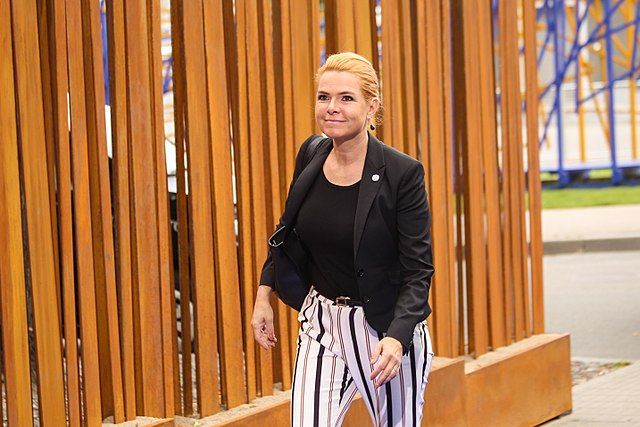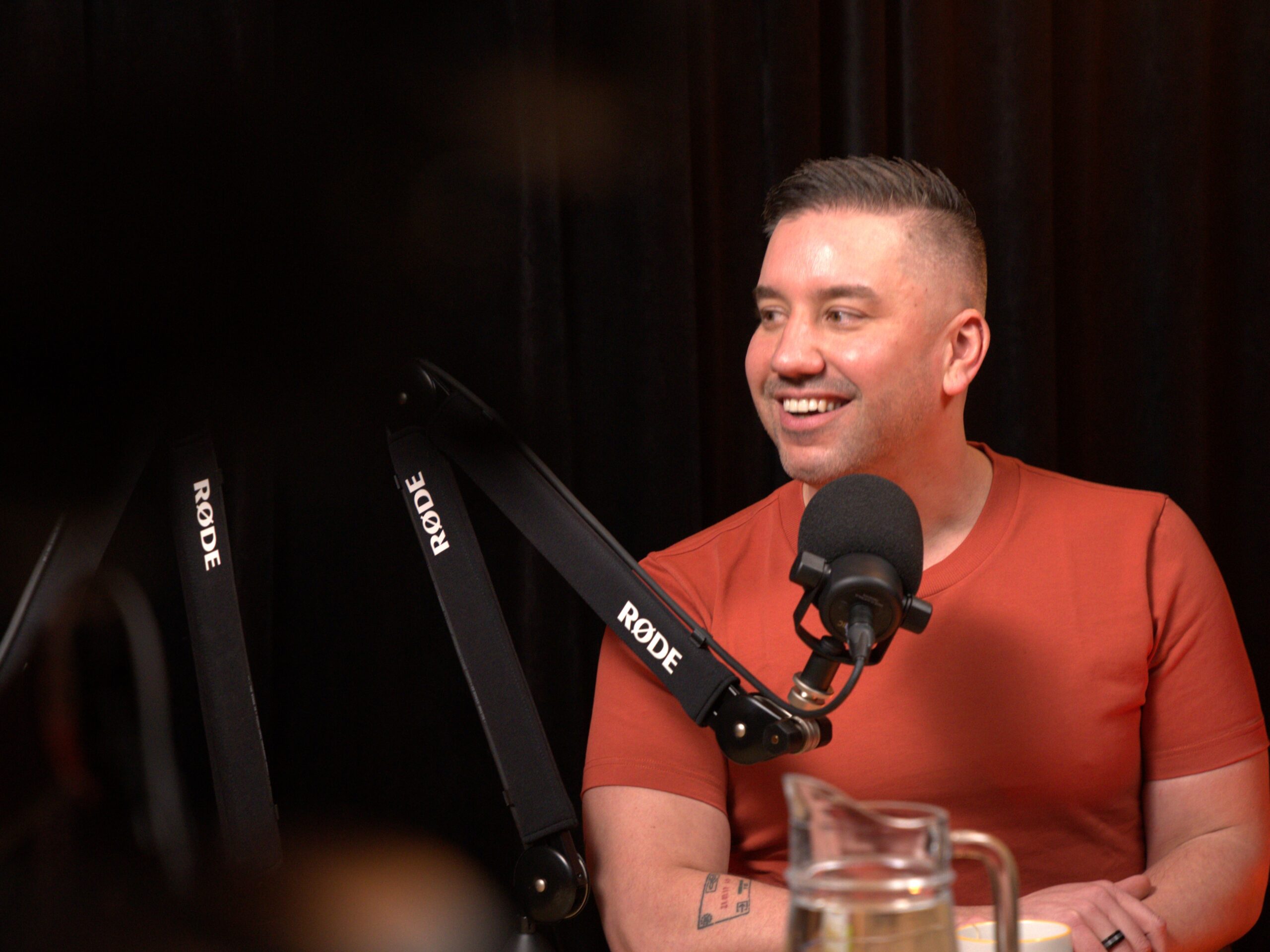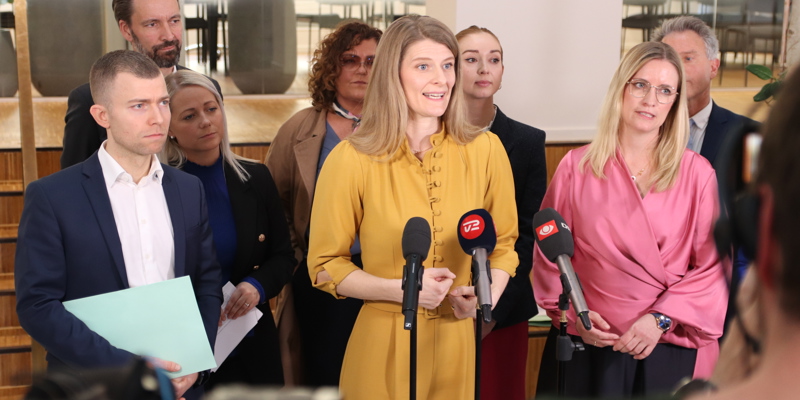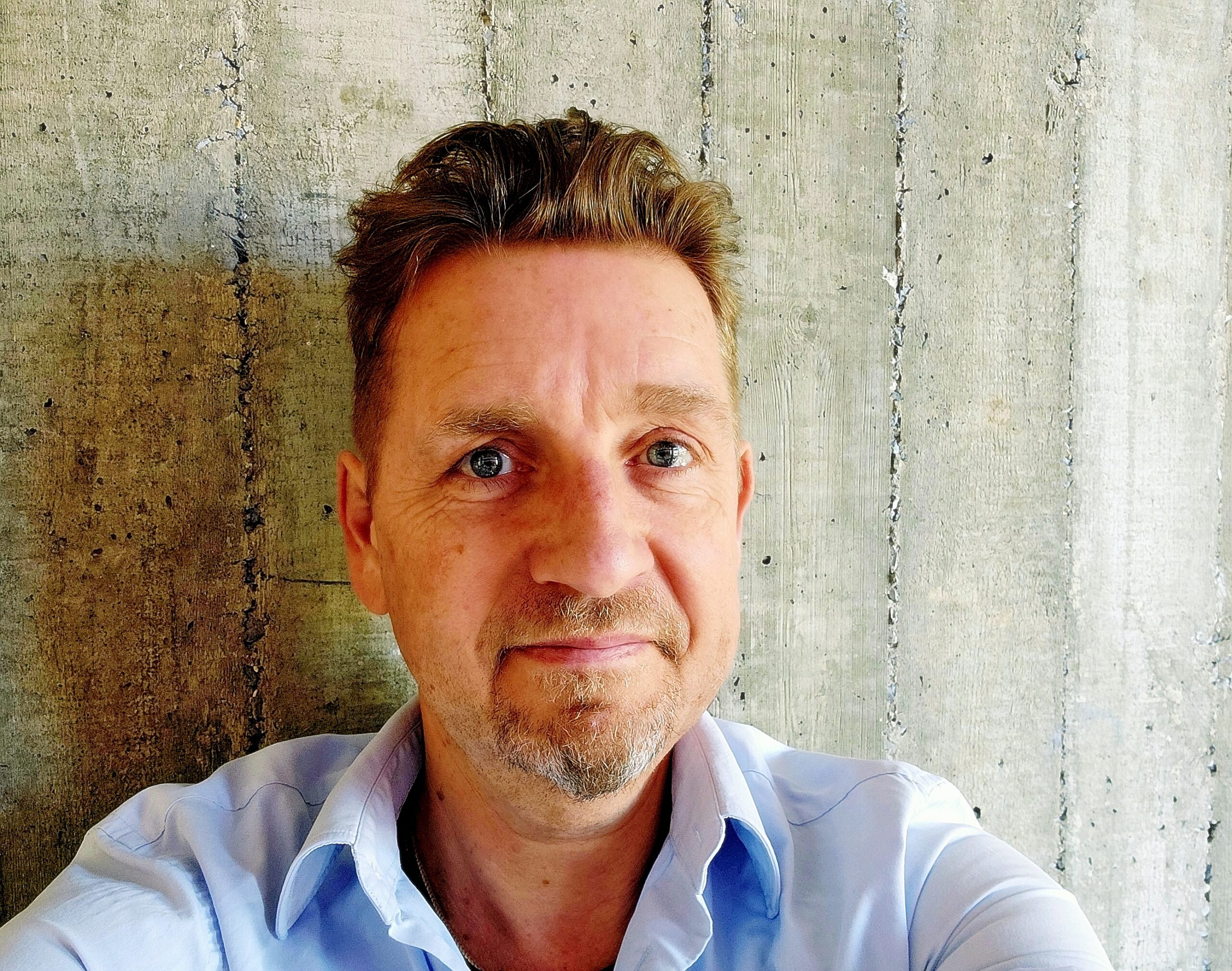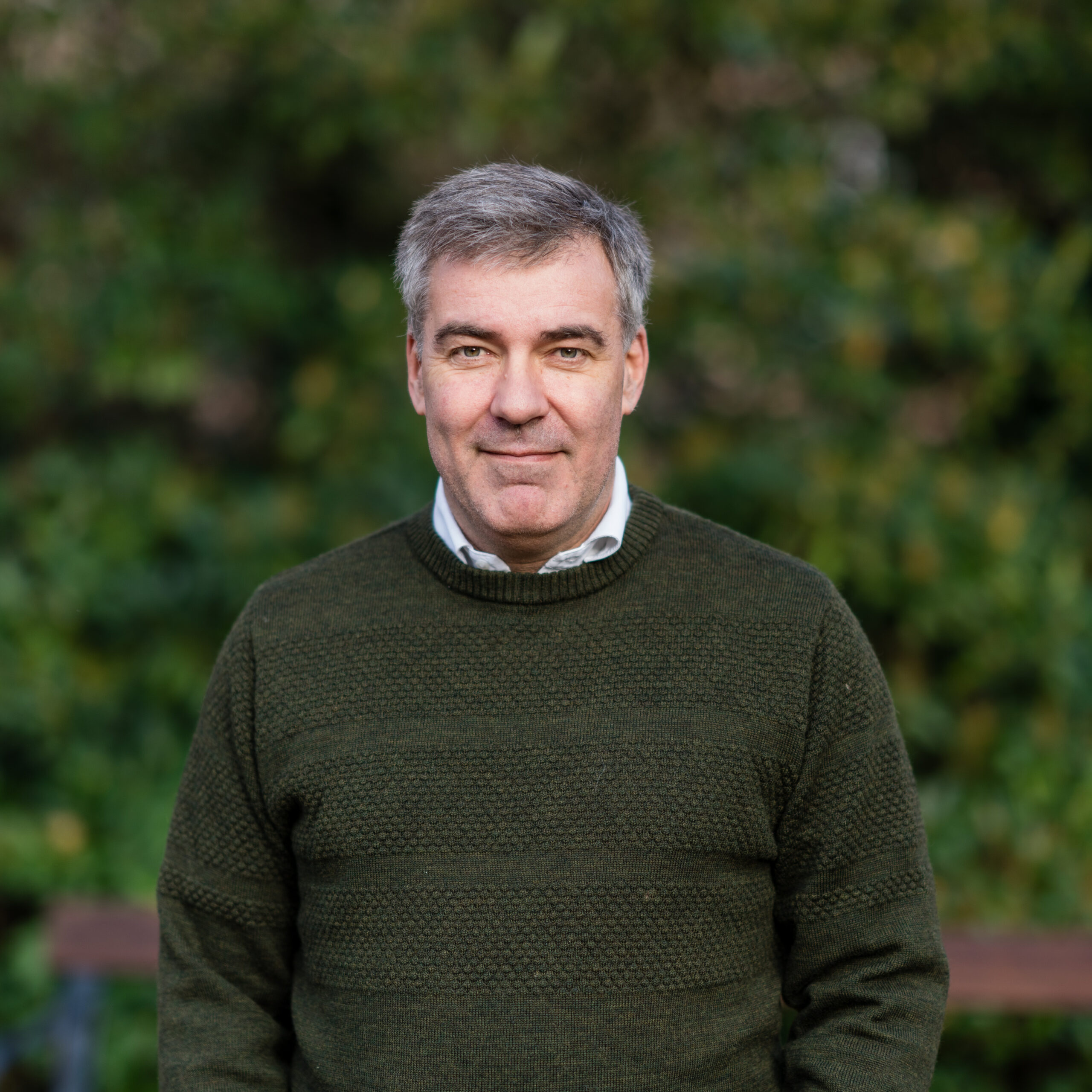The Danish government wants to make it even harder to become a citizen.
A new package is on the table designed to tighten the requirements needing to be met before citizenship is granted.
“It is something special to be a Danish citizen,” said Immigration and Integration minister Inger Støjberg.
“The government only wants to grant citizenship to the foreigners who have been here for many years and who have clearly shown that they both can and will respect Danish society and our Danish values.”
The new rules tighten both financial and legal requirements.
“If someone has committed a serious crime in Denmark, they of course should not become a Danish citizen,” said Støjberg.
Raise your right hand
The new laws will require potential citizens to be more self-sufficient and not have been on any public assistance for at least two years. Having been on the dagpenge unemployment insurance benefit will also hamper an applicant’s chances of acceptance.
Another suggestion on the table is that the applicant must participate in a citizenship ceremony and sign a statement saying that they will uphold the Danish constitution.
Patience required
Along with jumping through an ever-changing array of hoops, it also requires a great deal of patience to become a Danish citizen, as the average processing time has risen markedly in the past few years.
It took 440 days or 15 months in 2016 to process a citizenship request. In 2017, that number jumped to 520 days or 17 months. This year, the average processing time has risen to 640 days or 21 months.
Senior researcher Eva Ersbøll from the human rights department Institut for Menneskerettigheder called the development “troubling” and estimated that the processing time will soon be more than two years.
“It is a very long process,” she told DR Nyheder. “It is never good to have to wait so long.
Ersbøll said many people are unable to apply for a job or even leave the country for personal or professional reasons while they are waiting.
Parliamentary disagreement
Dansk Folkeparti spokesperson Christian Langballe said that his party was not overly concerned with the long waiting time and believes that it is more important that cases are processed “correctly” than quickly.
Astrid Krag from Socialdemokratiet thinks it is wrong that people have to wait so long.
“People who apply for citizenship have typically spent many years meeting the demands we make, so it is not reasonable that it takes two years longer,” she said. “I think an explanation is required.”
Read More: If they don’t like my rules, let them eat cake, says Danish integration minister
The Immigration and Integration Ministry has said that as of 2016 there were 13,000 applications for citizenship. Currently, there are still 10,000 applications still awaiting an answer.
Venstre spokesperson Jan E. Jørgensen said that means that only the very oldest cases have been processed, but he believes that the process will speed up in the “foreseeable future”.
Jørgensen said he felt that seven to eight months was a reasonable time to process an application for citizenship in Denmark.

